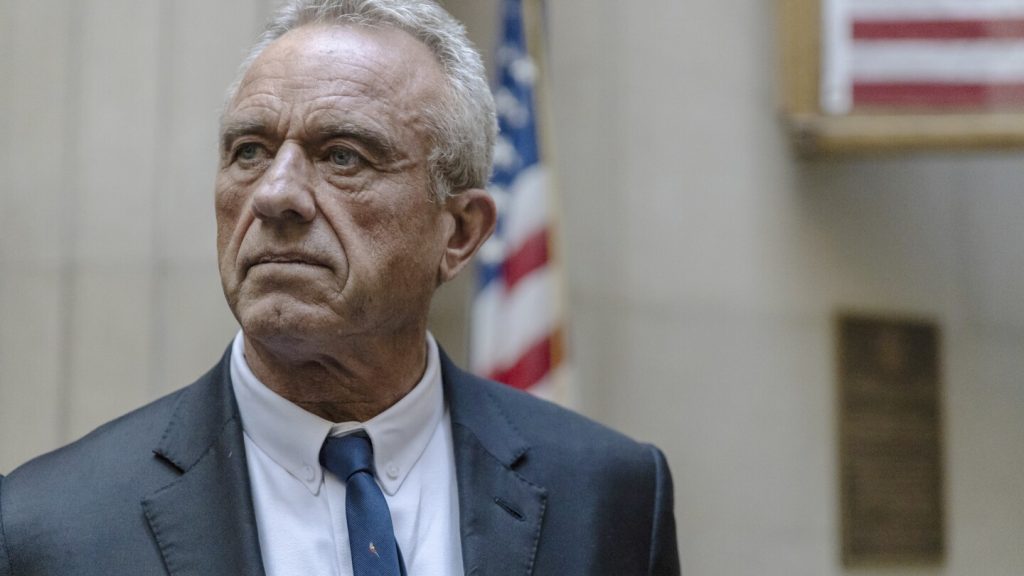The Wisconsin Elections Commission decided to keep Robert F. Kennedy Jr. on the presidential ballot, despite his request to be removed. They also rejected a Democratic attempt to oust independent candidate Cornel West and to keep Green Party candidate Jill Stein off the ballot. The commission ultimately approved eight presidential candidates for the ballot in Wisconsin, including Kamala Harris, Donald Trump, and others. However, they did remove independent candidate Shiva Ayyadurai, citing the U.S. Constitution requirement for presidential candidates to be natural born U.S. citizens.
Kennedy had requested to be removed from the ballot after suspending his campaign and endorsing Trump. The commission deadlocked on whether to grant his wish, with Democrats arguing that once a candidate has filed for office, they must remain on the ballot unless they die. Republican commissioners pushed for Kennedy’s removal, but ultimately, he was placed on the ballot along with West and De la Cruz as independents. The presence of independent and third-party candidates on the ballot could play a crucial role in a state where past elections have been decided by narrow margins.
Ayyadurai’s candidacy was challenged due to his birth in India, with the commission ultimately voting to remove him from the ballot. West faced a challenge to his ballot status, but the commission rejected the complaint, allowing him to remain on the ballot. West, a left-wing academic and progressive activist, has become a target for both Democrats and Republicans seeking to use third-party candidates as potential spoilers in the election. Republicans are hoping that West’s presence on the ballot will draw support away from Harris and help boost Trump’s chances of winning.
The decision by the Wisconsin Elections Commission to keep Kennedy, West, and Stein on the ballot has implications for the upcoming presidential election. Some Democrats have blamed Stein for helping Trump win Wisconsin in 2016, and questions have been raised about the impact of third-party candidates on the outcome of the election. As the campaign season heats up, the inclusion of independent and third-party candidates on the ballot could shape the political landscape in Wisconsin and potentially impact the results of the election.
As the election draws closer, the battle over ballot access and the presence of independent candidates like Kennedy, West, and Stein is likely to intensify. Both major parties are closely monitoring the potential impact of third-party candidates on the outcome of the election, with Republicans strategizing to gain an advantage by drawing support away from Democrats. With the commission’s decision to include multiple independent and third-party candidates on the ballot, the stage is set for a competitive and potentially contentious presidential election in Wisconsin.


